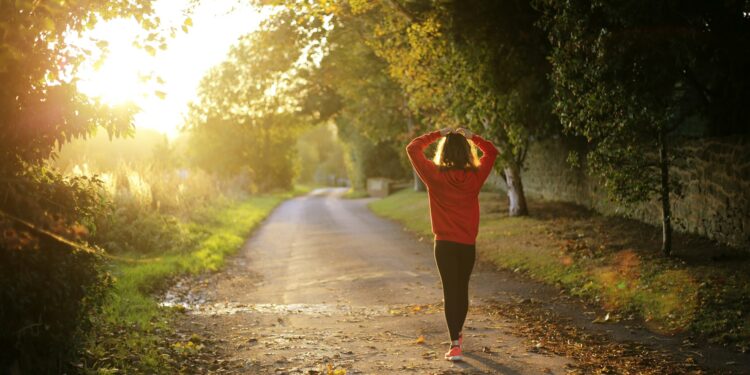Early birds are rejoicing.
A new study published in BMJ Mental Health reveals that people generally wake up in their best mental state, experiencing peak well-being in the morning, while feeling their worst around midnight. Researchers from University College London, led by Feifei Bu, observed that mental health fluctuates throughout the day, and factors such as the day of the week and the season also play significant roles in influencing a person’s mood.
The study, which tracked over 49,000 participants between March 2020 and March 2022 during the COVID-19 pandemic, aimed to assess daily emotional states. Participants answered questions about their happiness, life satisfaction, and sense of purpose, with the timing of their responses providing insight into mood changes throughout the day. The analysis revealed that individuals typically experience lower levels of anxiety and depression, and higher levels of happiness, in the morning, with feelings of unhappiness peaking near midnight.
Although the day of the week showed less clear-cut effects, happiness and life satisfaction were generally higher on Mondays and Fridays than on Sundays, with Tuesdays also being a relatively positive day. However, loneliness remained consistent throughout the week. In contrast, the seasons had a more distinct impact, with people reporting higher levels of depression, anxiety, and loneliness during winter, and the best overall mental health and happiness in the summer.
Researchers suggest that the body’s biological clock may explain these fluctuations, pointing out that hormones like cortisol peak in the morning and drop by bedtime. These findings have practical implications for mental health care, encouraging providers to consider increasing support during late-night hours, mid-week, and in the winter when people may be more vulnerable to negative emotions.

































Discussion about this post